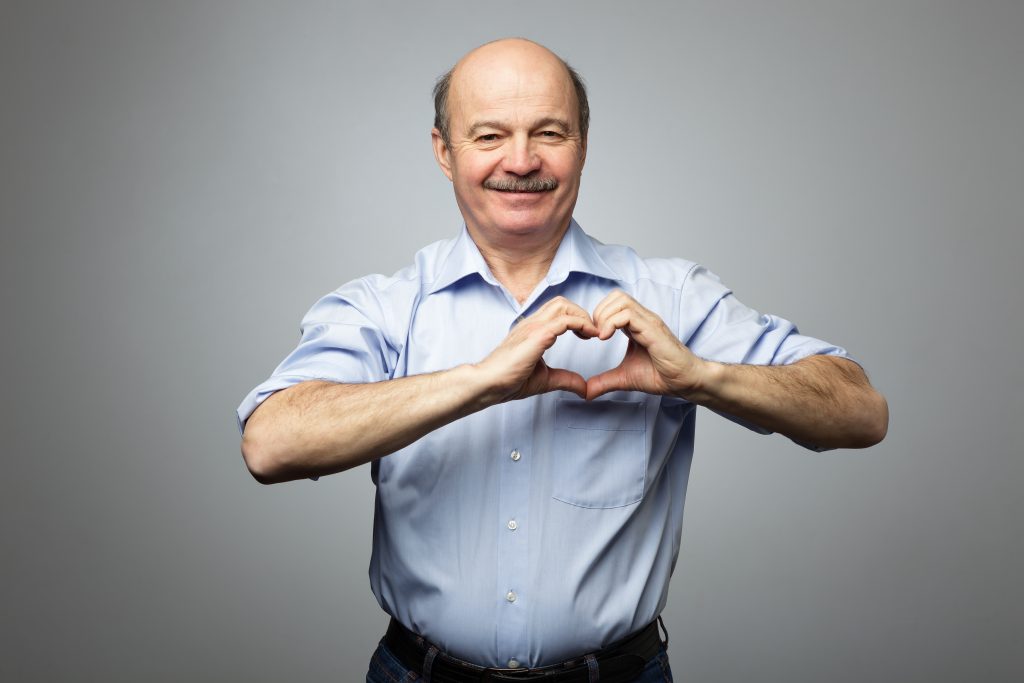
Every year 17,000 people in Scotland are diagnosed with Type 2 Diabetes. For many, this disease goes unrecognized for years as people show no symptoms.
If you do have a diagnosis of diabetes, you will likely be aware that this is a disease that can affect nearly every organ in the body. It can increase risk of heart attack, stroke, nerve problems, vision loss and kidney disease. Again, a major problem is that the consequences of high blood sugar on different parts of the body are often silent. In other words, you generally won’t recognize a lot of the changes caused by diabetes until they start to cause symptoms.

Diabetic heart disease is no exception and it is estimated to affect up to about 1 in 4 people with diabetes. The condition, also known as diabetic cardiomyopathy, progressively gets worse over time and ultimately leads to heart failure. This is caused by damage to the heart muscle due to excess blood sugar.
Current management of diabetes often involves lifestyle measures and different medications to help regulate the levels of glucose in the blood. It may be that taking a new different type of medicine that interferes with the way sugar is broken down by the body could also help slow down the dangerous effects that it has on the heart. We are looking to find out if taking this study medication regularly can help keep the heart fitter for longer and delay the development of heart failure in those who are at risk.

As part of the screening process, you would undergo an investigation to find out if you show early signs of diabetic heart disease and might be eligible to take part. There is a 2 in 3 chance of being given the active medication and a 1 in 3 chance of getting a placebo. Participation would last up to around 30 months and include 14 visits to our Glasgow clinic. You will be compensated for related travel expenses and inconvenience so that you are not out of pocket.
HOW TO TAKE PART…
If you are interested in taking part, please complete our survey. Alternatively, give us a call on 0141 946 7888 to find out more and check your eligibility.
Make sure you stay up-to-date with the latest news, developments and clinical trial updates on our Facebook, Twitter, LinkedIn and, of course, on our website
You can also be the first to know about the launch of a new clinical trial by signing up to our Research Register.
We appreciate your interest in this research.








